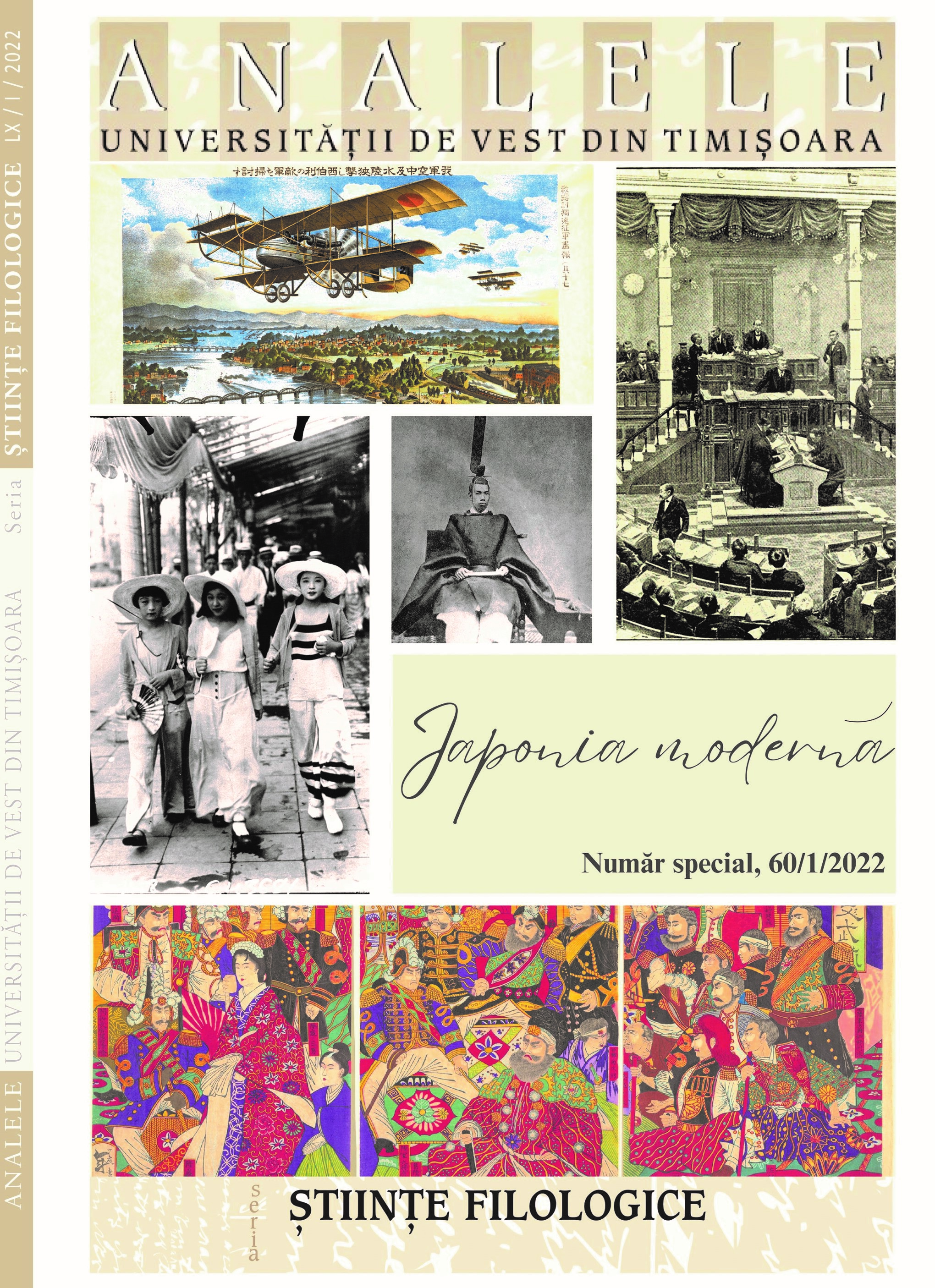Political Conversion Opposites: Two Writers and Their 1920s Soviet Union Experience
Political Conversion Opposites: Two Writers and Their 1920s Soviet Union Experience
Author(s): George T. SiposSubject(s): Politics / Political Sciences, Studies of Literature, Other Language Literature, Politics and communication, Interwar Period (1920 - 1939), History of Communism
Published by: Editura Universităţii de Vest din Timişoara
Keywords: Ideology; Communism; Propaganda; Japan; Soviet Union; Miyamoto Yuriko; Panait Istrati; André Gide; Japan Communist Party;
Summary/Abstract: This study reopens the question of the nature of political commitment and its causes during a time that drastically altered the history of the 20th century, the 1920s and 1930s. Focused largely on a body of texts produced by Japanese female writer Miyamoto Yuriko (1899-1951) who returned from a three-year long trip to the Soviet Union in late 1920s as a convinced communist, the study offers a comparison with communism renunciation writings produced by leftist Romanian French writer Panait Istrati (1894-1935), as well as other communist and fellow travelers who experienced the same Soviet realities as Miyamoto but with opposite outcomes, such as French writer André Gide (1869-1951). What made those members of the intelligentsia so passionately embrace or renounce certain political ideologies that ultimately changed the face of modern history?
Journal: Analele Universităţii de Vest din Timişoara.Seria ştiinţe filologice
- Issue Year: 1/2022
- Issue No: 60
- Page Range: 45-82
- Page Count: 38
- Language: English

